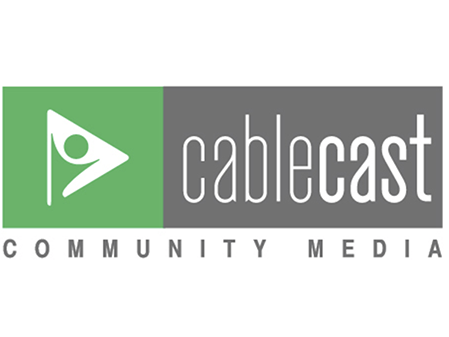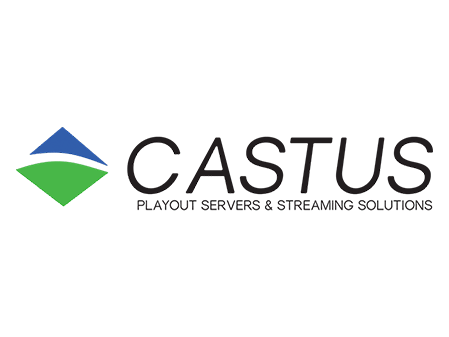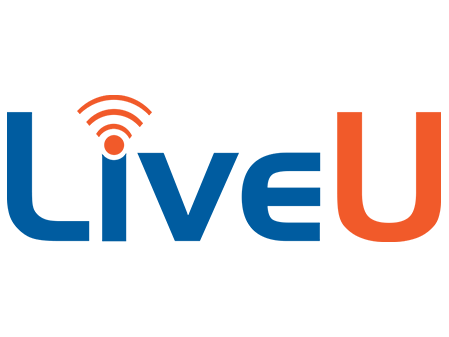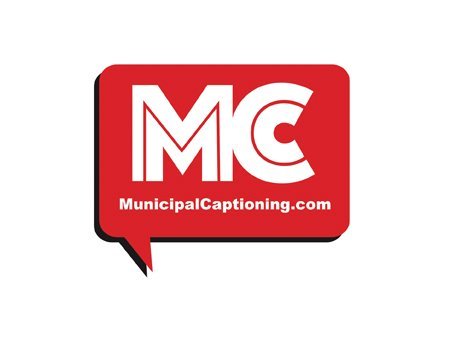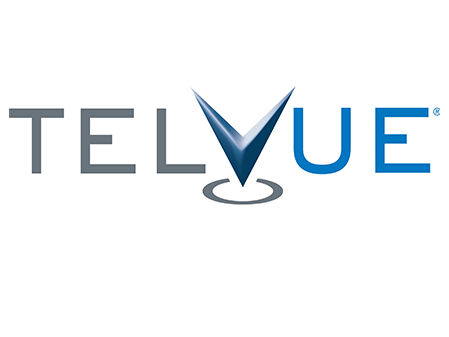Jim Mead is a busy man.
When we interviewed him for this article, just listening to him talk about all his various duties and responsibilities at UW-Whitewater was overwhelming. So much so we needed to ask him a simple question to reorient ourselves.
“So, Jim, what is written on your business card?”
To that, Mead had a simple answer: “It would say Jim Mead, Director of UWW-TV.”
Though it doesn’t tell the whole story of Jim Mead, that business card does break it down to what Mead finds most satisfying about his position at UW-Whitewater, where he has been since 2001. UWW-TV, or UW-Whitewater Television, is the uniquely staffed and programmed cable television channel housed on the UW Whitewater campus that through a variety of exceptional opportunities trains UWW’s media studies students to succeed in life after graduation.
UWW-TV is a division of the campus’s University Housing department, which takes up half of Mead’s time on campus. Though Mead spends the rest of his time as a lecturer in the school’s Department of Communication, much of that work relates to UWW-TV, since he teaches the practicum (practical experience) classes that generate much of the content seen on UWW-TV. Mead also teaches each semester’s Capstone class, which allows seniors to demonstrate their expertise in the field of communications before graduating by completing a final project. He also helms what he calls “a random group” of communication classes which has to be carefully chosen so Mead does not go over the number of classes he is allowed to teach per semester.
And you thought your load at your community media center was heavy.
But UWW-TV is not your typical community media center. In fact, it’s not a community media center at all. (There is in fact a non-related Whitewater Community TV channel in town.) UWW-TV’s staff consists of students who are majoring in Electronic Media and Broadcast/Print/Web Journalism and who can take advantage of all of the production opportunities that UWW-TV allows, from news anchoring, investigative reporting, sports announcing, and television producing and directing. At a time when most community media centers struggle to attract participation from younger people, UWW-TV couldn’t exist without it. And it doesn’t just exist, it thrives.
Dr. Peter Conover, a professor of communications who passed away in 2023, founded UWW-TV in 1980; he shared his initial idea for a student-run station with Director of Residence Life Jerry Gorby. Together with Richard Haven, the former interim dean of the College of Arts and Communication, they were able to invest in the equipment necessary to run the station and to get added to the Charter lineup on what was then channel 6, then later cable 19, and what is currently channel 989.
UWW-TV is available on channel 989 in multiple “zones” on Charter Spectrum, meaning it is on the lineup not only in Jefferson County but also in Rock County. In addition to this extra coverage, UWW-TV is available to UW-Whitewater campus residents in beautiful HD on channel 100.1 (with an adjacent classic sports and archived programming channel on 101.1.) Both channels are also streaming on uwwtv.org.
And what is on UWW-TV? Well, let’s start with what isn’t. UWW-TV doesn’t run city meetings or city parades. Simply put, UWW-TV programming is split between news coverage and live event coverage. The news coverage is produced by students who are supplying both the on-camera talent and behind-the-scenes muscle as part of their practicum classes. UWW-TV airs the news footage in a daily 30-minute rotation called “800 West Main Street” that consists of news, sports, arts, residence hall updates and more. Mead says the format is based on what CNN Headline News used to be: Top stories in an easily digestible half-hour format. The show is repeated throughout the day for one day only. The next weekday brings a brand-new edition.
But perhaps UWW-TV is best known for its excellent coverage of the UW-Whitewater Warhawks. Befitting the championship caliber of its teams, Mead leads a team of students through coverage of Warhawks football, basketball, baseball, softball, soccer, wrestling, and more that looks more like ESPN than PEG. No fewer than 15 students are on hand to cover each football game, with basketball and other sports regularly utilizing a crew of nine students. Sports talk shows such as “Warhawk Sports Saturday” and “Hawk Talk,” a collaboration between UWW-TV and the campus radio station 91.7 The Edge, round out UWW-TV impressive year-round sports lineup.
Students are paid for their work on live events, which besides sports can also include theatre and dance productions, commencement ceremonies and other live university events such as chancellor inaugurations. When students are producing material for the news block or talk shows, they are doing it for class credit.
Mead credits a colorful background in community media for getting him where he is today. He started his career at TCI Cablevision in Dubuque where he says he “did a lot of the grunt work because I was young and new.” From there he transitioned to Time Warner Cable in Beloit where he managed (“staff of one”) Beloit’s cable channel. He then went to Win-TV in Burlington where he joined a staff of 12 who worked mainly to produce six-minute local news segments that ran at the bottom of each half-hour on the CNN Headline News channel. (Shades of “80 West Main Street.”) In 2001, Mead came to UW-Whitewater to earn his master’s degree in mass communication; the school wisely made him a job offer before he even finished the program. He’s now been with UW-Whitewater for 23 years.
When talking to Mead, it becomes clear why he’s stayed at Whitewater for so long. He lights up when talking about working with his students, which he says is the best part of his job. “They inspire you,” he says, going on to say how gratifying it is to see his students get recognition at events like Wisconsin Community Media’s Best of the Midwest Media Fest which often leads to jobs that Mead says, “they work hard for.” Mead has a lot of praise for UW-Whitewater’s media studies programs, pointing out the “edge” they provide students with in preparing them for real world work in media.
Mead’s connection with his students doesn’t necessarily stop when they graduate. Mead gets visibly emotional when saying how much he loves it when students “stay in touch after they’ve graduated; when they email to say how good they’re doing and they say thank you.”
When looking to the future of local media, Mead again thinks of the students he is training. “The world needs reporters,” he says. “The world needs people to tell them what they should know.” Speaking more specifically about community media, Mead says “every local community should have a media presence,” because not only do people need to know what’s happening in their community but also because “there are people that want to do that [report local news and cover local sports] for a living. I really think there is a place for local news.” Mead also recognizes that communities need to be supportive: “I’d like to see communities find it in their budget for the community channels. Invest in this. Because it’s worth it.”
When asked what he is doing to face those challenges, Mead gives a simple yet poignant answer: “I teach.” His students – and everyone who believes in the necessity of local media – should be incredibly grateful for that.











